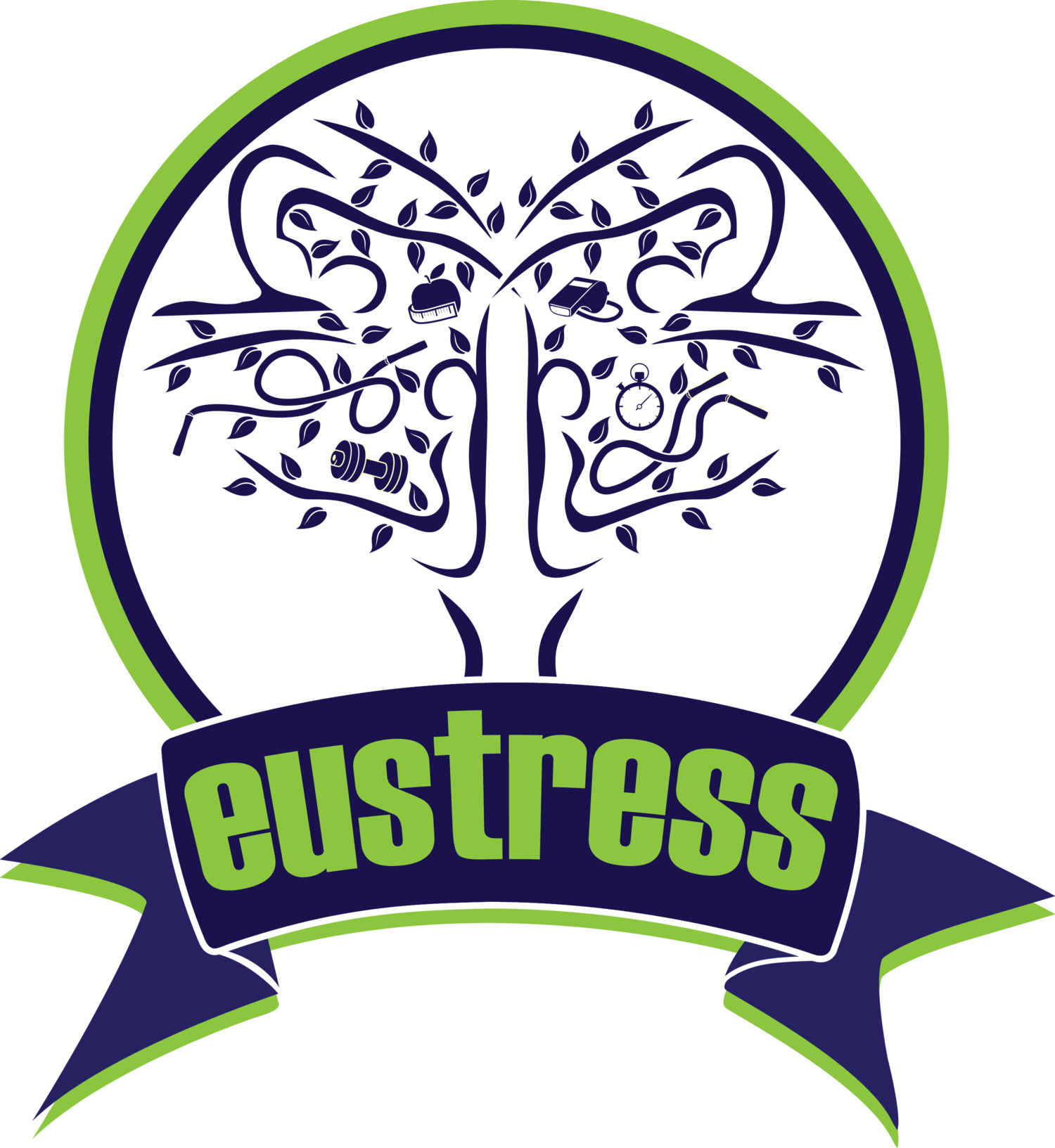Minority mental health month is 365-day mission for therapist
When you see the powerful impact Rwenshaun Miller has on people of color, you see lives that he’s helped transform. Every day, Miller is determined to become what he calls “the person he needed when he was younger.”
“I needed a male figure to tell me that it’s OK to hurt, it’s OK to show emotion and it’s OK to cry,” Miller said.
July is National Minority Mental Health Awareness Month which is also known as BIPOC (Black, Indigenous, and People of Color) Mental Health Month.
This year’s theme is Strength in Communities, to highlight alternative mental health supports created by BIPOC and queer and trans BIPOC (QTBIPOC) communities of color, for BIPOC and QTBIPOC communities of color.
Miller is a licensed clinical mental health counselor.
He’s earned a master’s degree in counseling, is working toward his doctorate and founded a nonprofit — Eustress, Inc. — to help those who may not have the financial ability to access quality care to address their mental health needs.
“We want to make sure that we are doing our part as a community to fund certain things for people who may not be able to address their mental health issues,” Miller said. “Eustress Inc. tries to help subsidize therapy sessions for kids and families who can’t afford it, but need it.”
Eustress, Inc. was born out of his desire to bring awareness to the importance of acknowledging, improving and preserving mental health. It’s a topic, Miller said, that is often marked by stigma and denial, particularly in the Black community.
“We grew up in an era where what happens in this house, stays in this house,” Miller said. “Well, the house is about to burn down. We don’t talk about those things. I do it to help the next generation and the generation that came before me.”
Miller organized the “Let’s Talk About It” walks to help break the stigma.
His book, “Injured Reserve,” speaks directly to Black men.
“We always want to put on the facade that we are always strong in all situations,” Miller said. “So that was something that I wanted to break down.”
His next goal is to open a mental health triage clinic, which would offer culturally efficient, affordable care.
As the chief executive officer of The Good Stress Company, Miller and his team of counselors begin the process of therapy by addressing the challenges of clients.
“Our goal is to provide compassionate, supportive and non-judgmental support in a safe and nurturing environment,” Miller said. “With the right mental, emotional, physical, and spiritual skill-set, you can go from living to thriving, experiencing life in a much healthier way.”
